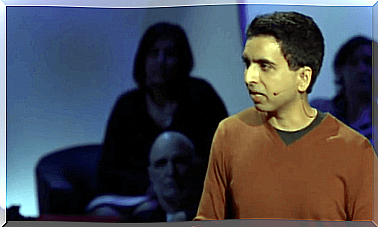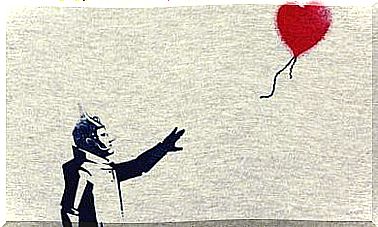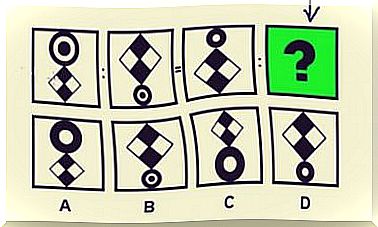Loving Yourself To Learn To Love

Loving oneself is part of a fundamental process in our lives, which will allow us to love others in a more honest way.
This process lasts a lifetime, since there are many circumstances that continually test us : disappointments, frustrations, mistakes made, goals not achieved, breakdowns, discouragement. There are endless daily tests we undergo, and we let them influence our perception of our personal worth.
Where are we placing our value?
Personal value does not depend on what we achieve or what we have, it depends rather on the attitude with which we face each step we take in life, to get to love ourselves unconditionally.

It is very difficult to give what you do not have, and if a person does not have love for himself, it is difficult for him to give it to others. You may believe that you are loving others, yet you will continually fall into manipulation, demands, and emotional blackmail.
When a person has not learned to love himself unconditionally, he seeks this love outside, in others, making his value dependent on how others treat or value him. In such a way that it is totally exposed to external evaluation. In this way, we are leaving our happiness in the hands of others instead of taking responsibility for it.
This type of dependency hurts us, to the point of begging for love and affection ; drawing attention and emitting complacent behaviors, to obtain the glances, the approach and the care of the other people. To know if you love yourself it is important that you ask yourself the question: Does my personal worth depend on external causes?
Learn to take care of yourself and love yourself
In our culture, it is very common that we give great importance to the external, to what happens around us to form an impression about ourselves.
Even loving yourself is often considered a selfish act. This is a totally wrong belief, since love for other people begins with oneself, in turn forming part of universal love and love for humanity.
The way we take care of ourselves has a lot to do with how we perceive ourselves, and the state of mind in which we find ourselves. Failure to take care of oneself implies aggression and a lack of listening to one’s own needs.
Incorporating mutual care in our lives allows us to attend to our needs, without putting those of others above them, for this it is essential to know and investigate them. What it would mean to learn to take care of yourself.

Accepting yourself: an act of compassion
Accepting what we are, implies accepting ourselves with our defects, discovering our skills and limits, abilities, virtues and resources that we have. In short, admitting the group that we make up from a global and deep perspective. Better self-knowledge implies greater understanding.
Through acceptance we approach unconditional love, as an act of compassion and understanding towards who we are. Without our own demands limiting our ability to love ourselves, and consequently love others.
Thus, in an honest way, we can establish relationships that are not based on the search for recognition. By loving ourselves, we can truly give ourselves to the act of being able to love other people also in a compassionate way through acceptance.
Loving each other does not depend on what they love you
As has been commented throughout the article, in some way, they have taught us to take the external too seriously to love ourselves. However, it is important to know that neither our achievements nor our success in life should determine loving ourselves more or less. The love for oneself is independent of the money that we can amass, or of the job that we have.
Loving yourself depends on respecting yourself, understanding yourself, understanding yourself and forgiving yourself. Learning from our mistakes every day will help us connect with our interior and enrich ourselves. Once we love each other in a healthy way, we will be ready to love others. Because if this is not the case, we run the risk of falling into dependency relationships and needing another person to be happy.
Howard Gardner, father of the theory of Multiple Intelligences, assures that one of the intelligences that we enjoy is Intrapersonal Intelligence. It is an intelligence that allows us to know ourselves and dive into our feelings and emotions. Thanks to this type of introspective intelligence we can understand and understand each other. Thus, fostering this intelligence in us will be of great benefit to learning to love ourselves. Because by loving ourselves in a healthy way, we learn to love others without dependencies or demands.
Consulted bibliography:
– Sanz, F. (1995). Loving ties: loving from identity in reunion therapy . Kairos.









